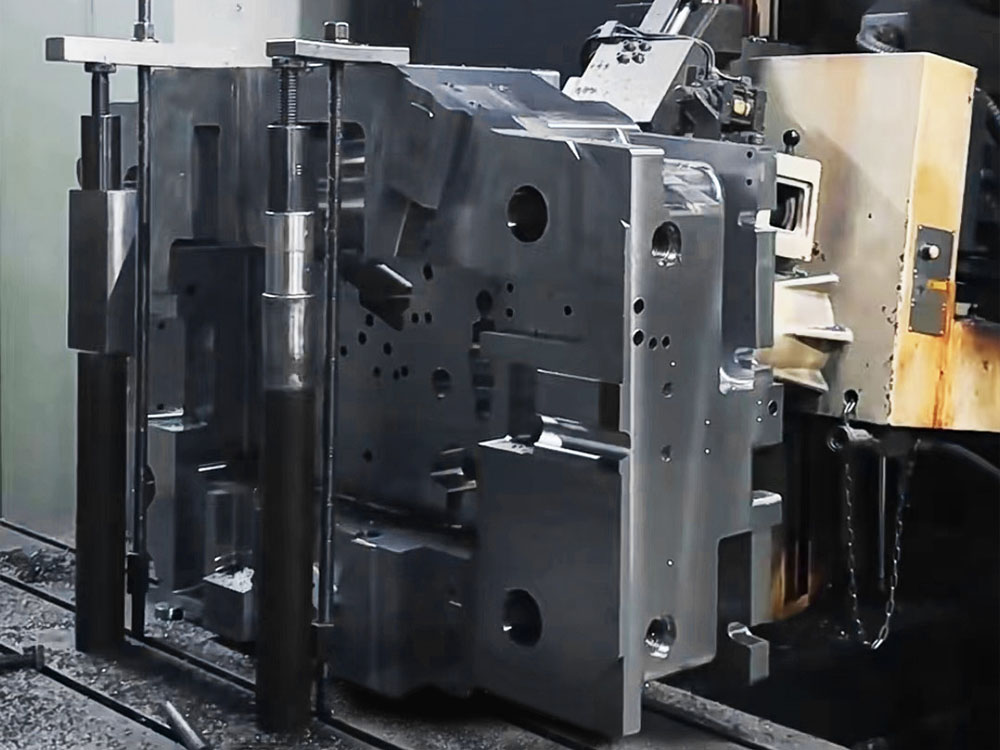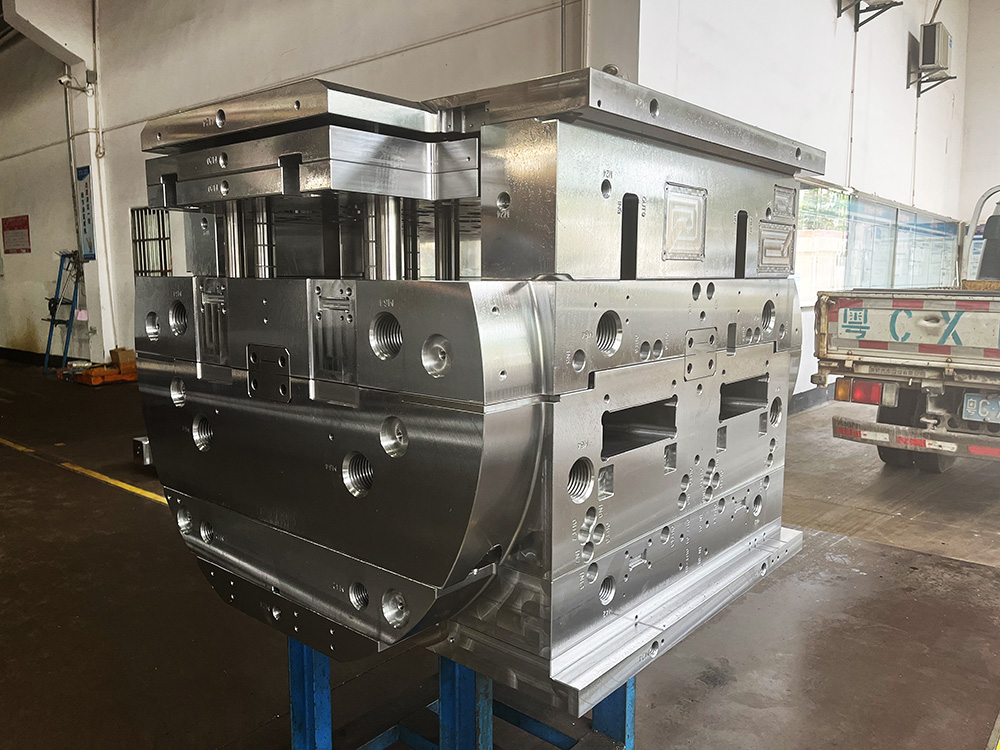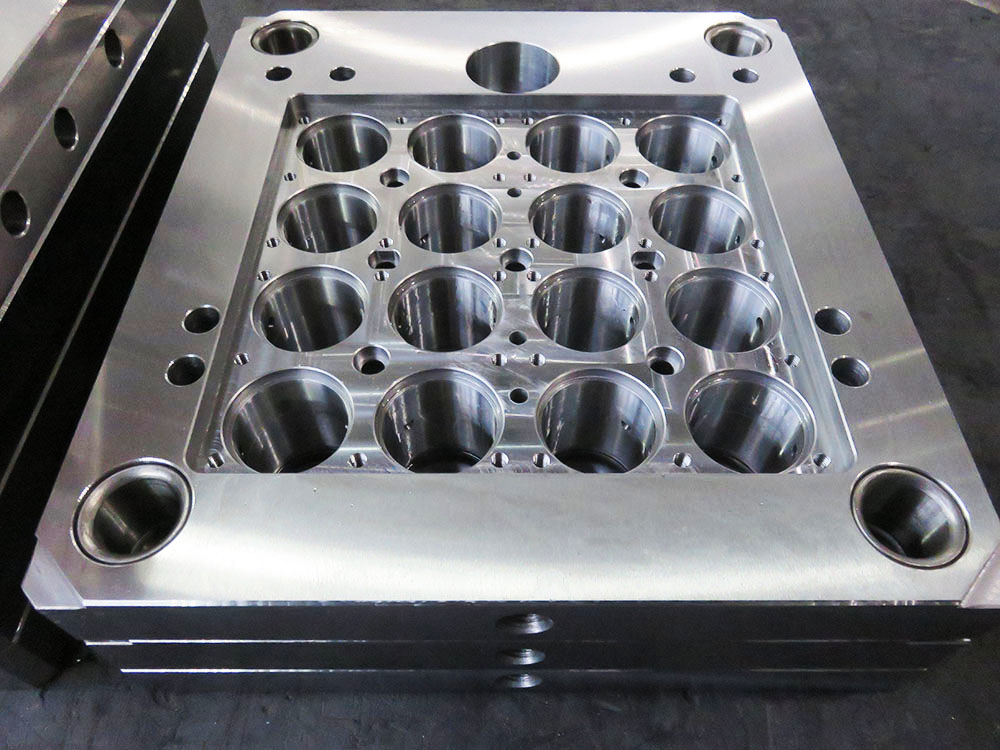Management of work content at the modular construction factory
Modular construction has been gaining popularity in the construction industry due to its efficiency and cost-effectiveness. As a result, the demand for modular construction components, such as mold bases, has increased significantly. The management of work content at a modular construction factory plays a crucial role in ensuring smooth operations and productivity. This article will discuss the key aspects of managing work content in the mold base industry.
1. Work Planning and Scheduling
Effective work planning and scheduling is vital for a modular construction factory to optimize productivity and meet project deadlines. This involves analyzing the work content of each mold base and creating a comprehensive plan for its manufacturing process. The plan should consider factors such as available resources, production capacity, and customer requirements. By establishing a detailed schedule, the factory can ensure that the mold base production progresses smoothly and without delays.
2. Work Content Analysis
An essential aspect of managing work content is conducting a thorough analysis of each mold base's requirements. This analysis includes identifying the necessary raw materials, manufacturing methods, and quality control procedures. Furthermore, it involves assessing the complexity and intricacy of the mold base design to determine the level of skill and expertise required from the workforce. By understanding the work content of each mold base, the factory can allocate the necessary resources and manpower effectively.
3. Resource Allocation and Management
Proper allocation and management of resources are crucial aspects of managing work content in the mold base industry. This includes assigning skilled labor, machinery, equipment, and materials required for each work content element. The factory should ensure that the resources are strategically distributed to avoid bottlenecks and optimize efficiency. Furthermore, regular maintenance and calibration of machinery and equipment are essential to minimize downtime and maximize productivity.
4. Quality Control and Assurance
Quality control and assurance are paramount in the mold base industry as any defects or errors can disrupt the entire construction process. Implementing a robust quality control system involves conducting inspections and tests at various stages of the manufacturing process. This ensures that the mold base meets the specified requirements and standards. Continuous monitoring and feedback enable the factory to identify areas of improvement and implement corrective measures.
5. Workforce Training and Development
The competence and skills of the workforce play a significant role in managing work content effectively. Providing adequate training and development opportunities to employees is crucial for enhancing their proficiency and productivity. This includes technical training, such as mold base design and manufacturing techniques, as well as soft skills training, such as time management and teamwork. Regular evaluation and performance feedback help identify areas where additional training or support may be necessary.
Conclusion
Managing work content at a modular construction factory requires careful planning, analysis, and resource allocation. By implementing effective work planning and scheduling, analyzing work content, allocating resources properly, ensuring quality control, and investing in workforce training and development, the factory can optimize its operations and deliver high-quality mold bases. In an industry where efficiency and accuracy are paramount, effective management of work content is essential for success.




